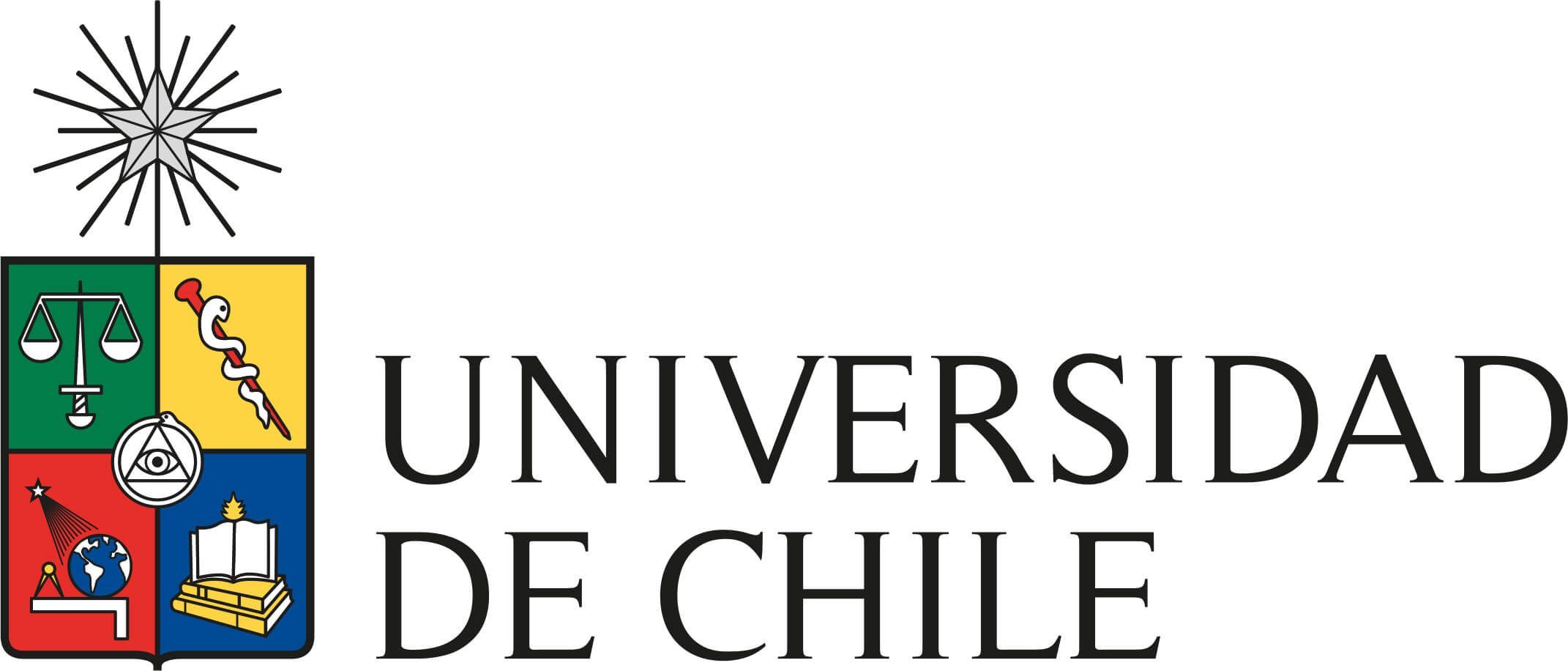On Sunday, June 9, and as a prelude to the ACCESS Chile – Sweden Forum 2024, an ACCESS Workshop was held for doctoral students from Chilean and Swedish universities at the University of Uppsala, Sweden.
The ACCESS Workshop is an activity promoted by the students themselves, whose organisation was hosted by the Steering Committee of this platform and coordinated by one of its members, Prof. Suruchi Thapar-Björkert. It was held the day before the formal start of the Forum, and its objective was for participants to present progress on their research, receive expert guidance and exchange experiences about their training processes.
The Workshop was structured in two parts. The first, led by professors Suruchi Thapar-Björkert (Uppsala University), Alicia Salomone (Chile University) and Rakel Österberg (Stockholm University), addressed the problem of academic decolonisation and the role that different languages have in international academic collaboration and career development of young researchers.
The second part, including Prof. Laura Gallardo, Director of Postgraduate and Postgraduate Studies at the University of Chile, comprised 3MT presentations, also known as “Thesis in three minutes”. The 3MTs carried out by the twenty participating students consisted of synthetic presentations on their research topics using non-specialist language accessible to a non-specialized audience, using only one slide and without including further complementary resources.
The decolonisation of academia
As Prof. Thapar Björkert stated, within the framework of international academic collaboration, it is important to evaluate the mechanisms that sustain inequalities, unlearn the Eurocentric epistemic canon on university campuses, and destabilise frameworks that reproduce colonial legacies. This implies promoting critical reflection and a collective consciousness of these practices amongst the academic community.
For her part, Prof. Salomone investigated how to develop authentic dialogues in a multicultural and multilingual academic scenario crossed by inequalities and unequal power relations on a micro and macro scale. In this framework, she referred to the role that English can play as an academic lingua franca for equal communication between people who do not share the same mother tongue, without forgetting the imperative of strengthening the use of other languages by actively promoting multilingualism and intercultural awareness.
Finally, Prof. Österberg characterised the linguistic map of Sweden and Chile, highlighting the multiplicity of languages existing in both countries and emphasising the need to preserve the so-called minority languages, such as indigenous languages and those of migrant populations, given that they are carriers of identities, cultures and valuable knowledge that must be preserved and transmitted to new generations.
The co-production of knowledge from young researchers
The twenty students participating in the ACCESS Workshop, six of whom belong to doctoral programmes at the University of Chile, come from diverse countries and sociocultural and linguistic backgrounds, from Chile and Sweden to France, Saudi Arabia, Sri Lanka and Rwanda.
The research presented generally focused on topics related to environmental and social sustainability, including solar energy production, green industries, sustainable aquaculture, healthy lifestyles, infrastructural risks associated with global warming, extractive forestry production, community agricultural activity, new technologies for housing construction, among others.
According to Prof. Thapar-Björkert, coordinator of the Workshop, these research activities create a “safe space” -as one of the students mentioned-, foster close interaction amongst young scholars, and truly contribute to the co-production of knowledge. Regarding the presentations, Prof. Laura Gallardo highlighted that ‘this instance is crucial for the academic and human development of postgraduate students because, apart from gaining confidence, they learn to interact in other intercultural and linguistic contexts’. Furthermore, she points out that ‘in these times of conflict and isolation, international collaboration and acceptance of diversity are most necessary.’
For their part, the participating students agreed to positively value the instance generated by the organization of the ACCESS Workshop, both in terms of its dynamics, the topics addressed and the fruitful dialogues that were generated.
According to Javier Silva, an UChile student, the Workshop “had a very good introduction, since it focused on encouraging people to speak and not be embarrassed [when presenting in English]. It was very interesting to know what other young people who come from different backgrounds are researching. “It has been a great opportunity to share ideas and generate new connections with other people”, remarked.
Assad Mohammad Tahir, from Saudi Arabia, who is doing his PhD at Lund University, said: “The event was wonderful, very well organised and not at all stressful. I immediately felt integrated with the other colleagues. It has been a great experience, and I would like it to happen every year. Thank you! Our planet is our home; together, we can create a better and more sustainable future.
For Valentina Cisterna, from the University of Concepción, “the presentations were wonderful and challenged our positioning as researchers. I thank the organisation for creating a safe, horizontal, reflective space”.
Finally, Hanna Ekström, Swedish student from Lund University, valued the Workshop both for the decolonizing perspective that presided over it and for the possibility of interacting and establishing ties with other young researchers: “I really appreciated this forum for getting to know other early career researchers joining the ACCESS event. To start off with a workshop on decolonising research practices equipped us with very helpful glasses to view the rest of the week. I think this creates contacts for the future in so many ways.”
Towards the close of the session, Profs. Thapar-Björkert, Salomone and Österberg reiterated that through this Workshop the students were equipped with five transferable skills: communication to a non-specialist audience, independence of thought, development of critical thinking, co-production of knowledge and working as a team, and management of time in a learning environment. Reflecting on students’ narratives, the above team concluded that communication to a non-specialist audience dissolves hierarchies of knowledge and that working as a team is the first step towards building epistemic integrity within the academic community.


.jpeg.jpeg)
.jpeg.jpeg)
.jpeg.jpeg)


